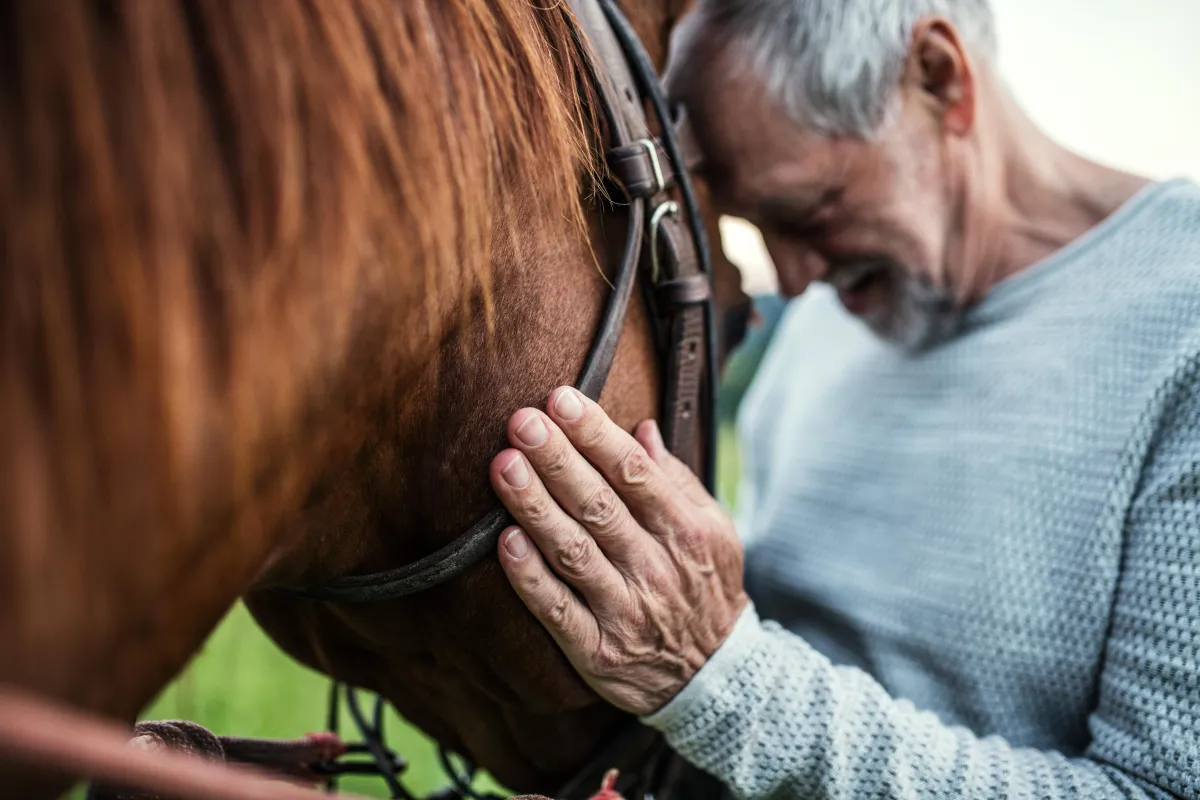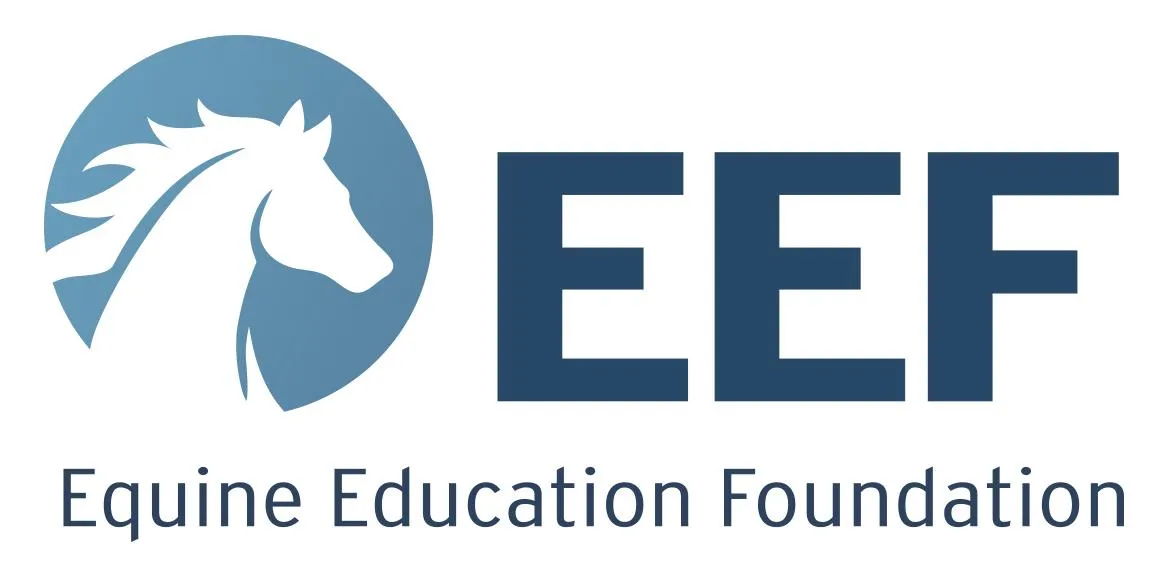Equine Therapy

Equine Education Foundation (EEF) is leading the way towards healing patients with mental illness through Equine Therapy.
Equine-Assisted Therapy may not be a traditional therapeutic path but its results are nothing short of amazing. It’s human nature to create barriers in our lives to protect us from harm. Ironically these same barriers are often the very thing that prevents healing. Traditional talk therapy requires time to build the trust needed for connection and growth. Horses have the ability to see through self-imposed obstacles, quickly connecting and revealing the heart of the issue.
OUR VETERANS PROGRAM
We provide complimentary care for all veterans through generous donations
SUPPORT OUR MISSION
You can help make a difference in people's lives who are struggling with mental illness.

524 Oak Shade Road
Shamong, NJ 08088
609.346.1997
WHAT WE DO
OUR MODEL
2025 Education Foundation, a 501(c)3 nonprofit organization. All rights reserved.